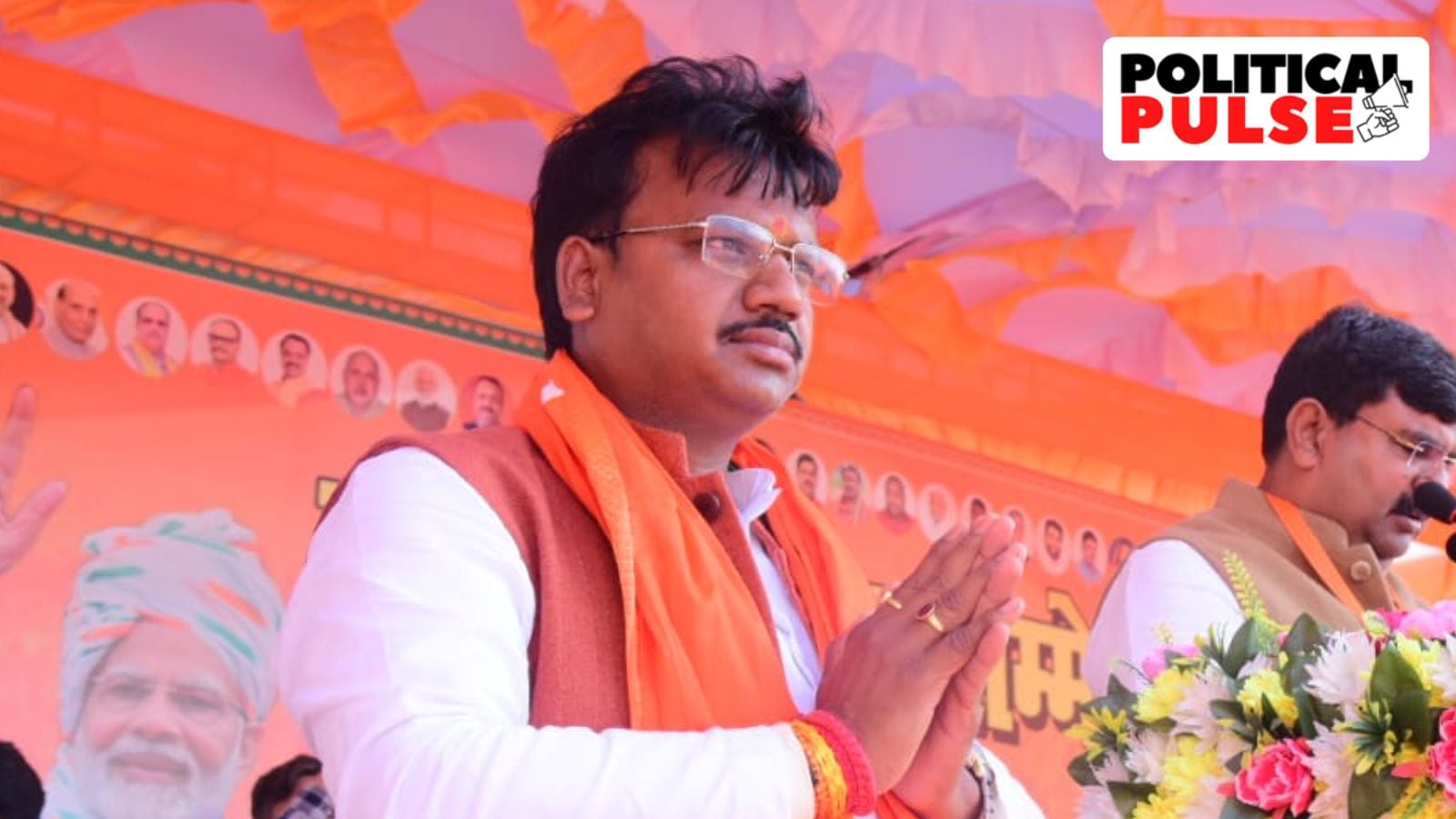 |
|
The recent Milkipur Assembly bypoll in Uttar Pradesh witnessed a resounding victory for the Bharatiya Janata Party (BJP), marking a significant turnaround after their defeat in the Faizabad Lok Sabha constituency in the 2024 general elections. Chandrabhanu Paswan, the BJP candidate, secured a substantial win over his Samajwadi Party (SP) rival, Ajit Prasad, by a margin of 61,710 votes. This victory holds particular significance for the BJP, as Faizabad encompasses Ayodhya, a city of immense religious and political importance. The loss in Faizabad had been a significant setback for the party, and the Milkipur bypoll win can be interpreted as a strategic reclamation of lost ground.
The BJP's campaign strategy appears to have been meticulously crafted to target specific demographic segments within the electorate. While the SP retained the support of the Muslim and Yadav communities, the BJP successfully mobilized the Pasi community – to which both candidates belonged – and other Scheduled Caste (SC) groups. This shift in Pasi community support from the SP in the Lok Sabha polls to the BJP in the bypoll proved to be a decisive factor. Furthermore, the BJP's core voter base of Brahmins and Thakurs also played a crucial role in securing the victory. The SC-reserved Milkipur seat boasts a considerable SC voter base, with approximately 70,000 belonging to the Pasi community. The strategic targeting of this community, coupled with the support from the BJP’s traditional voter base, suggests a sophisticated understanding of the local caste dynamics by the BJP.
The SP's strategy, however, seems to have been hampered by internal conflicts and perceived shortcomings. Ajit Prasad's candidacy faced criticism from certain sections of the electorate, who believed that nominating a different candidate might have resulted in a closer contest. Accusations of inaccessibility and arrogance following his father's Lok Sabha win further alienated parts of the population, including a segment of the Pasi community. This internal discontent within the SP, coupled with the BJP's targeted outreach, significantly influenced the bypoll outcome. The dissatisfaction with Ajit Prasad's candidature, particularly among the Pasi community, was a major factor contributing to the BJP's success.
The Milkipur bypoll result also presents a fascinating case study in the complex interplay of caste politics in Indian elections. The BJP's ability to sway the Pasi community, traditionally associated with the SP, indicates a significant shift in electoral alliances. While the SP’s alliance with other backward classes (OBCs) remains an important factor in their overall political strategy, the BJP's success in garnering support from segments of this group in Milkipur underlines the fluctuating nature of caste-based voting patterns. The shifting alliances and the effectiveness of both parties’ campaign strategies reveal the intricate and dynamic nature of caste calculations in Indian politics.
The reactions of both party leaders to the bypoll result reveal their respective perspectives and strategies going forward. Akhilesh Yadav, the SP chief, attributed the BJP’s win to the alleged misuse of election machinery and termed it a “false victory.” He leveled serious accusations against election officials, hinting at electoral fraud. In contrast, Chief Minister Yogi Adityanath celebrated the win as a testament to the public’s confidence in the BJP’s governance, emphasizing the ‘double engine’ government’s achievements. The contrasting interpretations underscore the deep political divide and the high stakes involved in these elections.
The BJP's comprehensive victory in the Milkipur bypoll, achieved through a targeted campaign focusing on caste dynamics and leveraging their existing voter base, signifies a significant political win. The results provide insights into the intricacies of caste-based voting patterns in Uttar Pradesh, highlighting the strategic importance of understanding local social structures in election campaigns. The SP's loss, partly attributed to internal divisions and negative perceptions surrounding the candidate, serves as a reminder of the challenges of maintaining political coalitions and managing perceptions effectively. The bypoll outcome undoubtedly shapes the political landscape ahead of future elections, setting the stage for further strategic maneuvering by both parties.
Source: BJP avenges Ayodhya Lok Sabha blow, drowns SP challenge in Milkipur bypoll
